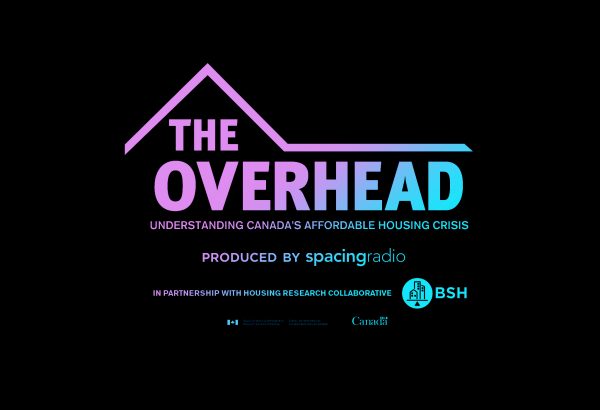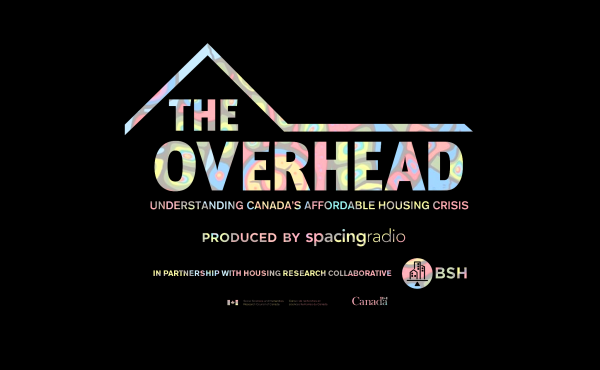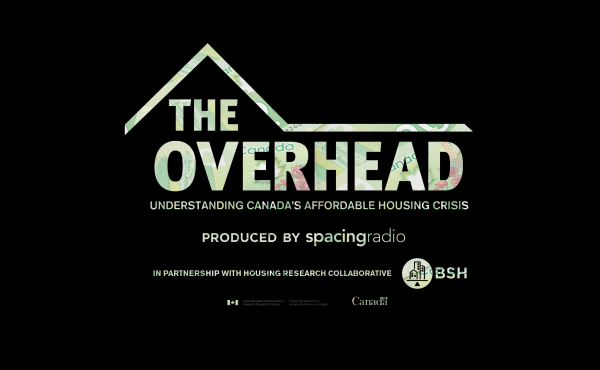THIS EPISODE: Tracking Evictions Across Canada
Evictions are a problem for renters across the country. As we explored in the last episode: part of tackling the housing crisis requires improving “security of tenure” for the many people who rent their homes.
But evictions are difficult to quantify. Many of them are not reported. And each province has different processes, legislations, and tribunals surrounding evictions and landlord/tenant disputes.
How do we get a picture of evictions across the country?
Alexandra Flynn is an associate professor at the Peter A. Allard School of Law at the University of British Columbia and director of the Housing Research Collaborative. She’s been tracking eviction data from province to province. We asked her about her findings:
In some provinces, there’s very little that has to happen in terms of a landlord giving [eviction] notice, or the grounds by which they need to have to evict somebody. In other jurisdictions, there’s a bit more robustness around that process. So, a landlord can only evict for certain reasons.
David Wachsmuth an associate professor at McGill University’s School of Urban Planning and Canadian Research Chair in Urban Governance. He’s been conducting meta analysis and qualitative research on evictions in Canada. He tells us a startling fact about people who experience homelessness after an eviction:
On the whole, the people that we interviewed… they were people who were living pretty stable residential lives which were then destabilized when they were told to leave by their landlord. So, among this relatively well-off group of Canadians… a third of them ended up homeless after their eviction.
You can find Alexandra and David’s work at the Balanced Supply of Housing research node here.
What can we learn about eviction policy by comparing provinces and municipalities?
Listen here for The Overhead:




